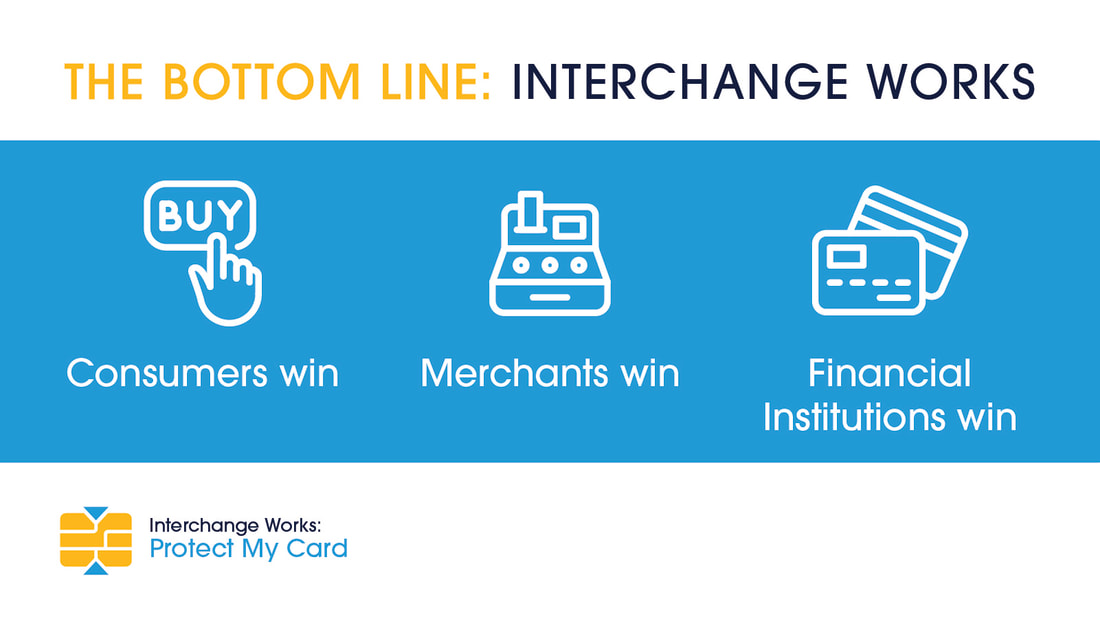 by Jay Kruse, Chief Advocacy Officer Good Morning! The August Congressional recess is upon us. The Senate passed their Reconciliation package aka the Inflation Reduction Act, along party lines this past weekend before adjourning for their August recess. Vice President Harris cast the deciding vote on the legislation that now heads over to the House this week for their approval. A vote is expected by Friday in the House before they also adjourn for August recess. There has been much debate about how this $433 billion spending bill will impact rising inflation in both the near and long-term future. The nonpartisan Congressional Budget Office released its analysis last week, noting that the spending bill will likely have a negligible impact on inflation. I also question how $433 billion in new spending, which will also likely raise your gas prices at the pump by increasing taxes on crude oil and imported petroleum, will be effective at reducing inflation. We shall see. Credit Unions and Bankers Join in Opposition of Interchange Legislation On Friday, DakCU joined CUNA, AACUL, and all the other state credit union leagues along with the American Bankers Association and their state associations in writing to congressional leadership in strong, unified opposition to the recently proposed changes to the interchange process. Last month, Senators Marshall and Durbin introduced legislation proposing new credit routing mandates that would give retailers—not consumers—the power to decide which credit card network is used—all to increase the bottom line of large, big box retailers. The joint letter emphasizes the negative impacts this bill would have on consumers, small businesses, and financial institutions: “The Marshall-Durbin bill purports to provide merchants a choice of which networks credit card transactions are processed across. But this dual-routing technology does not exist today and for good reason. A credit card transaction is an extension of the bank or credit union’s own funds to its cardholder, who directs those newly lent funds to a merchant. It makes perfect sense that the bank and credit union that lends these funds should carefully and deliberately select the network over which their own funds flow to the merchant. Unlike merchants that specialize in selling groceries or shoes, financial institutions are payments experts responsible for and best positioned to protect their customers against fraud, loss of private data, and the inefficiencies of unreliable systems. Financial institutions are also examined for compliance with privacy, data security, and fair lending laws, while merchants are not.” It’s simple: if changes are made to the routing mandates on credit cards it will lead to less secure, less innovative, and higher-risk transactions for American consumers. This legislation would hurt consumers because:
DON’T FORGET, we have also issued an official action alert. There is a slightly different message for House and Senate members. You can find valuable talking points here, and please pass this Action Alert along to your colleagues and staff. If you have any questions about these issues or the action alert, please contact me. VISIT THE GRASSROOTS ACTION CENTER NOW! Comments are closed.
|
The MemoThe Memo is DakCU's newsletter that keeps Want the Memo delivered straight to your inbox?
Archives
July 2024
Categories
All
|
|
Copyright Dakota Credit Union Association. All Rights Reserved.
2005 N Kavaney Dr - Suite 201 | Bismarck, North Dakota 58501 Phone: 800-279-6328 | [email protected] | sitemap | privacy policy |





